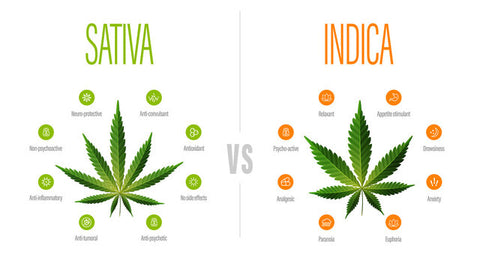The Hemp vs. Marijuana Battle: How New Laws Are Shaping the Industry
The cannabis industry is witnessing a growing conflict between hemp and marijuana, two plants that were once allies in the push for legalization. However, new laws and regulations are threatening the hemp industry, as the marijuana sector flexes its muscle to protect its market share.
Hemp’s Rise and Challenges
Hemp’s resurgence began with the 2018 Farm Bill, which legalized its production, distinguishing it from marijuana by its low THC content. The industry quickly flourished, driven by the popularity of hemp-derived CBD products. However, as hemp gained momentum, it attracted scrutiny from regulators and the marijuana industry, leading to legislative challenges, particularly around products like Delta-8 THC—a psychoactive compound derived from hemp.
Marijuana’s Regulatory Push
The marijuana industry, still federally illegal but increasingly accepted at the state level, views Delta-8 THC as a threat. Marijuana advocates argue that Delta-8, which offers a milder high, undermines their market. In response, several states have moved to ban or heavily regulate Delta-8, with support from the marijuana sector, leading to concerns that the marijuana industry is pushing to stifle hemp competition through legal means.
Big Tobacco’s Role
Complicating matters further, Big Tobacco has begun eyeing the cannabis industry as a new frontier. With traditional tobacco use declining, these companies are investing in cannabis and lobbying for regulations that could favor large-scale operations, potentially marginalizing smaller hemp and marijuana businesses.
The Future of Cannabis
As the cannabis industry evolves, the battle between hemp and marijuana is intensifying. Hemp advocates are fighting to preserve their industry, while marijuana companies navigate complex regulations to expand their market. Big Tobacco’s involvement adds another layer of uncertainty, raising concerns about corporate dominance in the cannabis sector.
The future of hemp and marijuana remains uncertain, with the outcome of this regulatory tug-of-war poised to shape the industry for years to come.


